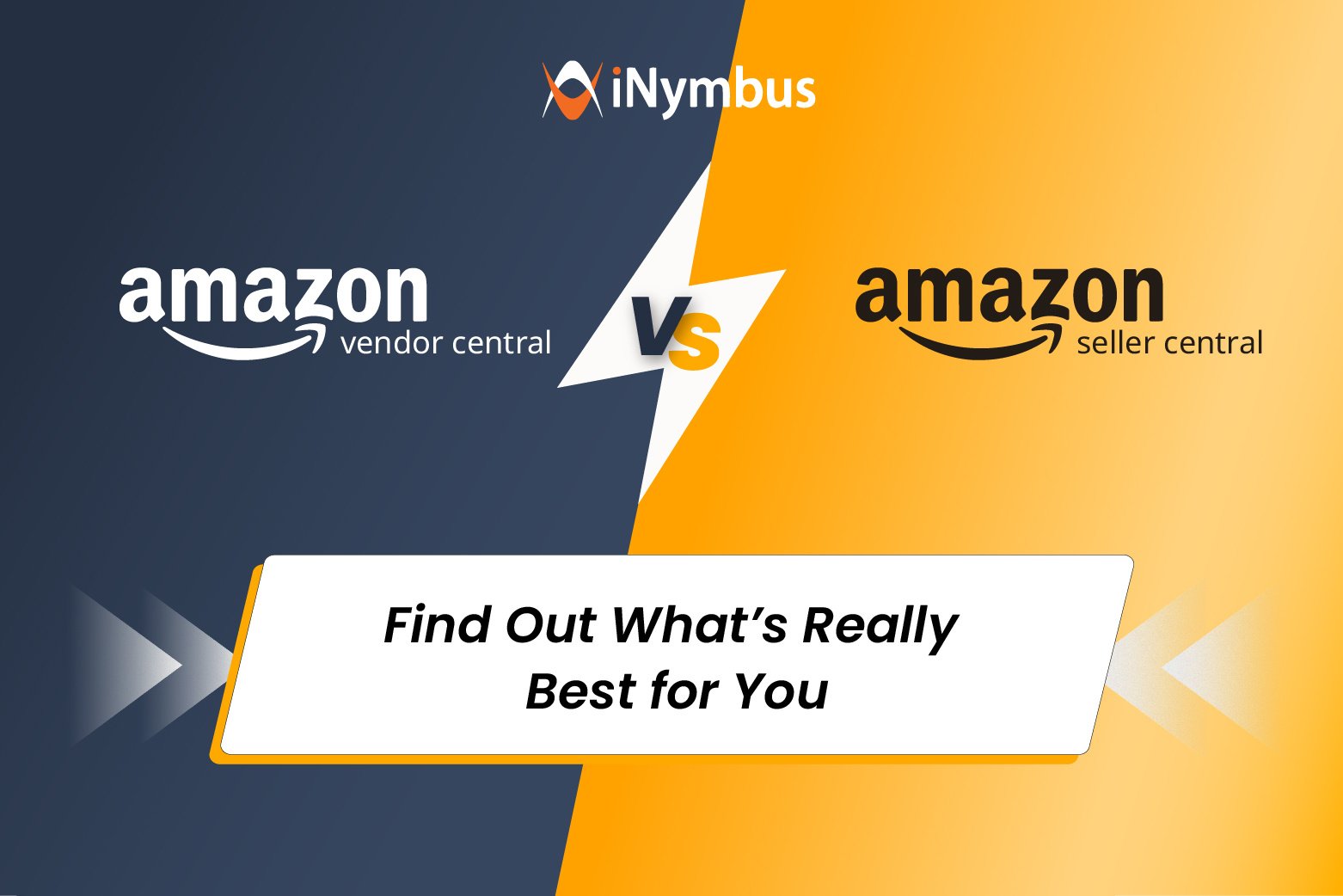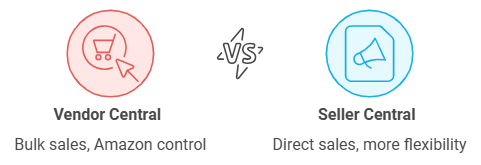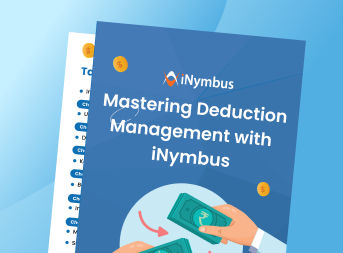
If you’re selling on Amazon, you’ve probably come across the terms Amazon Vendor Central vs. Seller Central. Both platforms can give you access to millions of potential customers, but they’re designed for different types of sellers, and each comes with its own set of challenges—especially when it comes to managing deductions. Let’s break down what makes each platform unique and how automation can simplify the deduction management process for businesses using these platforms.
Understanding Vendor Central and Seller Central
Before diving into the specifics of deduction challenges, it’s important to understand Amazon Seller Central vs. Vendor Central and how they differ.
- Vendor Central: Think of this as Amazon’s invitation-only club. If you’re using Vendor Central, you’re a first-party seller—essentially selling your product in bulk directly to Amazon. Amazon then sells those products on its own, with the “Sold by Amazon” label. It’s a great way to move large quantities, especially if you’re dealing with big purchase orders, but Amazon has more control over things like pricing. Because of this, businesses often enjoy better cash flow but face strict compliance standards.
- Seller Central: This is the route for third-party sellers who want to sell their products directly to customers on the Amazon marketplace. It’s more flexible—you control your product listings, set your own prices, and have the option of using Amazon's Fulfilled by Amazon (FBA) service for fulfilling orders. However, unlike Vendor Central, where Amazon is the buyer, you have to handle customer service and returns yourself.

So, which one is right for your business? It depends on factors like how you want to manage your products on Amazon, whether you prefer to control your pricing, and how you handle the day-to-day tasks of selling.
Amazon Vendor Central vs Seller Central: Deduction Management
Managing deductions on each platform involves different approaches. However, these differences shouldn't determine which platform is best for you—you’ll see why shortly. Let’s take a quick look at how to manage deductions on each platform.
- Vendor Central Challenges
For businesses using Vendor Central, deductions can be a headache. Because Amazon buys in bulk, it enforces strict rules around things like shipping times, labeling, and compliance [Amazon Compliance Detailed Guide]. When things don’t go according to plan, Amazon issues chargebacks or deductions, which can add up quickly.
For example, if a shipment is late or improperly labeled, Amazon may deduct a percentage of the payment from the purchase order. When you’re dealing with large orders, these deductions can put a serious dent in your profit margins. And since Amazon has control over the compliance requirements, disputing these charges can be time-consuming—especially if you’re relying on manual processes.
- Seller Central Challenges
If you’re using Seller Central, you’re selling directly to individual customers. This means that deductions often come in the form of refunds or adjustments due to customer complaints, returns, or incorrect shipments. While the volume might be lower than in Vendor Central, the process can still tie up resources—especially when dealing with multiple small-scale claims.
Unlike vendors, sellers have more control over their product listings and customer interactions, but they also face the challenge of handling customer service issues and managing returns. While Amazon’s FBA service can take over some of these tasks, it doesn’t completely eliminate the need for a streamlined deduction management process.

Should Deduction Management Influence Your Choice?
No, your choice between Amazon Seller Central vs. Amazon Vendor Central shouldn’t be influenced by concerns over managing deductions. Instead, your focus should be on growing your business, expanding your product reach, and optimizing your sales strategy.
In today’s age, solutions like iNymbus exist to automate deduction management for you. iNymbus can automate the entire workflow, from identifying new deductions to validating them, fetching required documentation, and filing claims directly on Amazon’s platform. This end-to-end automation means you no longer have to worry about dedicating countless hours to disputing deductions or risking revenue loss due to missed claims.
By leveraging automation, you can ensure that deductions are managed efficiently, allowing you to concentrate on scaling your business and improving your profit margins. Whether you’re handling bulk purchase orders as a Vendor Central user or managing individual customer claims as a Seller Central user, automated solutions like iNymbus can save time, reduce manual effort, and protect your bottom line.

The Role of Deduction Management Software
No matter which platform you use, managing deductions manually can be a drain on resources. This is where automation comes in, helping vendors and sellers save time, improve cash flow, and reduce the risk of missed disputes.
For Vendor Central: Streamlining Large-Scale Deductions
The high volume of deductions in Vendor Central means that businesses need a solution that can handle bulk disputes quickly. Deduction management software like iNymbus automates the entire process—from filing disputes on Amazon’s portal to tracking resolutions. This can help vendors clear backlogs, resolve disputes faster, and avoid losing money on deductions that slip through the cracks.
For example, let’s say a Vendor Central user receives a large deduction due to a compliance issue. With manual processes, it might take days to compile the necessary documents and file a dispute. iNymbus automates this process, significantly reducing manual effort and allowing vendors to focus on scaling their business instead of managing paperwork.
Why iNymbus is a Must-Have for Amazon Vendors

For businesses using Amazon Vendor Central, automation can be a game-changer. iNymbus stands out as a deduction management software that simplifies the process of disputing chargebacks, handling documentation, and resolving deductions at scale. Here’s why it’s a perfect match for vendors:
- Faster Dispute Resolution: iNymbus processes disputes up to 30x faster than manual methods, ensuring you never miss a deadline.
- Cost Savings: By automating the deduction management process, vendors can reduce the costs associated with handling disputes manually—freeing up their team to focus on more strategic tasks.
- Scalability: As vendors grow, managing a higher volume of purchase orders means dealing with more deductions. iNymbus grows with you, making it easy to manage increased volumes without adding manual effort.

